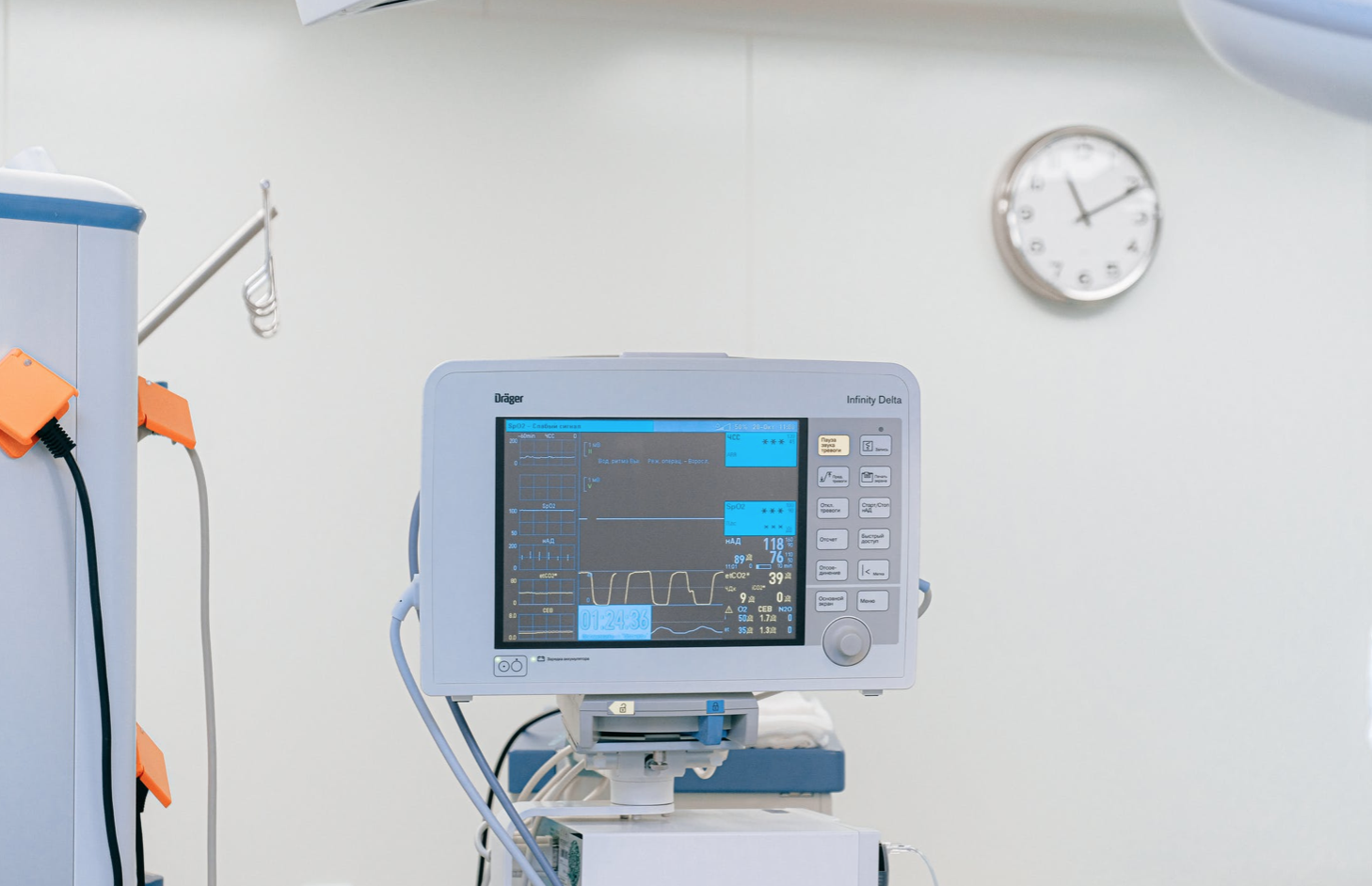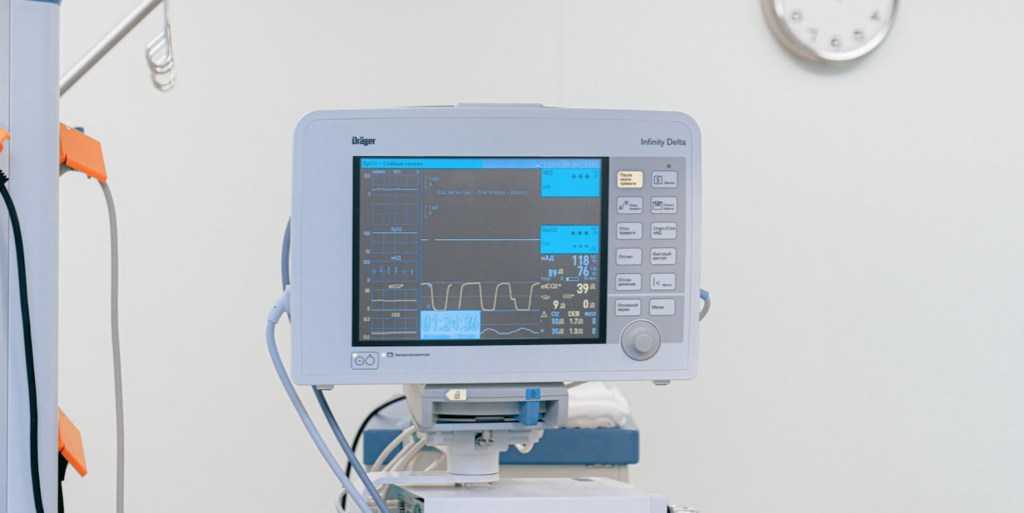It’s hard to find a sector that hasn’t been affected by the COVID-19 pandemic. And while industries like airline, tourism, or gastronomy have suffered the hardest blow, it’s healthcare that’s gone through the most significant changes.

Moreover, it looks like coronavirus’s impact on the medical device industry hasn’t ended just yet. And you can be sure that the next time you look for medical equipment for sale, you’ll come across something much different than what you can see now.
But how exactly will the pandemic continue to shape the medtech industry? For example, adopting remote tech or clinical trial changes is likely to stay around for quite some time.
If you’re interested in finding out more, keep reading. We’ll discuss the critical effects of the COVID-19 crisis on medical devices below.
Remote Medtech
Because of strict social distancing rules worldwide, healthcare professionals had to limit their contact with patients to the absolute minimum. Fortunately, advanced medical equipment has made it possible.
Healthcare has embraced the technological shift to remote and virtual care. Wearable devices and smart technologies have never been more significant, providing health workers with real-time patient care insight.
What’s more, special monitoring devices have allowed physicians to help their patients who no longer require hospitalization. All of that wouldn’t have been available without advancements in medtech.
Digital Transformation
Data tracking devices have been the talk for the last few years. Some people believe they’re a blessing, whereas some find it outrageous that companies gain access to more sensitive information.
No matter your opinion on the subject, you can’t deny that digital tools have been essential in dealing with the COVID-19 crisis. For instance, thanks to monitoring systems, governments, and health agencies can keep track of the coronavirus spread.
It gives hospitals the much-needed heads up, allowing healthcare to work more efficiently, and also allows governments to implement the necessary safety measure faster.
There’s even a new system that combines medical records, non-clinical data, and contact tracing to determine healthcare workers’ exposure to coronavirus.
Aside from that, there’s been a significant increase in digital answering machine quality. Many hospitals have decided to implement them on their premises, as they’re much more efficient than traditional ones.
And considering the much higher volume of income calls in times of coronavirus, they’ve become a very valuable addition to healthcare.
Changes in Clinical Trials
Remote technologies have also changed the way hospitals conduct clinical trials. Once again, it’s a trend that had been growing even before the COVID-19 outbreak and has accelerated since.
Thanks to the newest technological advancements, thousands of patients can be monitored 24/7. That gives healthcare workers all the necessary information on their patients’ conditions.
What’s more, all that data can also be beneficial for medtech companies, monitoring how their devices work and whether they need any improvements.
And while it’s turned out to be an excellent solution for COVID-19 patients, the whole healthcare system will benefit from better digital health monitoring devices. And with that being said, it looks like such solutions will stay with us for a long time.
Supply Chain Management
Aside from the obvious impact on a technical aspect, the pandemic has also affected logistics. Keep in mind that medtech companies have to deal with the same problems as other businesses, meaning they’re vulnerable to similar threats.
And one of the most significant challenges lying ahead are changes in supply chain management. With the need for personal protective equipment and international trade changes caused by a coronavirus, it’s become much more challenging to maintain an efficient supply chain.
The problem is, though, medtech companies have become even more significant players in the global market. Their products have turned out to be crucial in helping hospitals in an efficient fight with COVID-19.
That’s why maintaining supply chains up and running will be the most significant challenge for the medtech industry in the following year.
Higher Demand and Consumer Awareness
Although it’s hard to find any positive in the pandemic, a change in people’s attitude to hygiene and self-care is definitely good. With that in mind, the demand for more professional health equipment is likely to increase.
What’s more, considering that such devices are becoming more accessible each year, more people may decide to invest in health monitoring equipment. Not to mention increased demand across the medical sector.
Bottom Line
The medtech industry is one of the few sectors that haven’t suffered during the coronavirus crisis. At the same time, though, it’s the industry that the pandemic has affected the most.
Medtech business has been thriving in the times of COVID-19, and considering the changes caused by the pandemic, that positive trend is likely to continue.
But while high-tech medical products are indeed on the rise, it doesn’t mean that there aren’t any challenges ahead. For instance, as in any other sector, there are ongoing problems with maintaining supply chains.
Secondly, there have been many significant regulatory changes regarding medical device trade in the world. Many countries have implemented new or updated laws, making it hard for medtech businesses to keep up.
Nevertheless, the future of medtech looks bright, and it’s up to companies alone to seize the opportunity.

